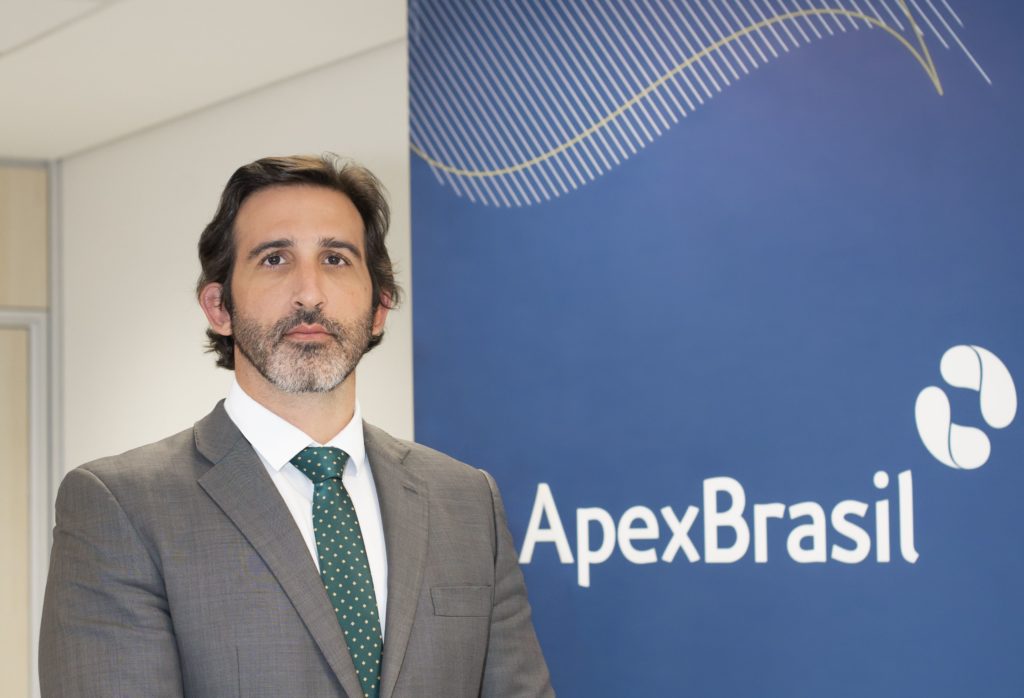By Lucas Fiuza*
With established commercial and diplomatic ties, Brazil and the Arab countries have invested in deepening a fruitful trade between them. This is made evident when we look at the steady increase of import and export figures. According to the Bilateral Investment Map of the Brazilian Trade and Investment Promotion Agency (Apex-Brasil), exports from Brazil to the Arab countries and the Gulf Cooperation Council (GCC) – consisting of United Arab Emirates, Saudi Arabia, Bahrain, Oman, Qatar, and Kuwait – in 2021 grossed USD 8.3 billion, while imports reached USD 5.7 billion.
The 2017-21 average annual growth of exports from Brazil to these countries was 5%, while in 2020-21 it reached 42.4%. Regarding imports, these numbers were respectively 18.4% and 86.7%. In 2021 the top trade balances were posted with Bahrain (USD 1.6 billion) and the UAE (USD 1.3%), while the highest trade flow was seen with Saudi Arabia (USD 4.952 billion), followed by the UAE (USD 3.3 billion).
The five subsectors that posted the most exports from Brazil to the GCC Arab countries are iron ore, raw poultry, raw sugar, raw beef, and semifinished gold.
In its pursuit for more development and international partnerships, Brazil offers a number of new business opportunities. One of them is investing in infrastructure, which don’t only boost Brazilian gross domestic product (GDP) but also benefits the countries that import Brazilian goods like the Arab bloc members. Agribusiness is a striking example of this synergy: more investments in transports and production flow cause an increase in productivity and a resulting decrease in production costs.
In this regard, Arab nations can – and should – bet on Brazilian programs of foreign investment incentive and concession model improvement. There are many ongoing projects, followed up in detail by Apex-Brasil, that directly influence this business expansion and the consolidation of Brazil-Arab economic ties. Brazil’s Investment Partnership Program (PPI), launched back in 2016, plans on offering investors 128 assets in 2022 alone, including 18 ports and 25 airports. The Pro Trilhos program allows for the private initiative to build railroads in 14 states, and it plans on doubling the number of railways in Brazil over the next eight years.
Other infrastructure sector that is favorable to foreign investments are ports. As agricultural and mining output is expected to grow over the following years, the sector is an inviting space for foreign capital, particularly because of 95% of the Brazilian trade goes through the country’s public and private ports. Brazilian legislations have recently been created and modernizes for the exact purpose of facilitating the use of foreign capital.
We cannot ignore both Brazilian and Arab vocations for exploring fossil fuels and natural gas. While the Arab countries are strategic international suppliers, Brazil is more than willing to receive investments, particularly since the discovery of pre-salt in 2007. If on one hand Brazil is a reference in deep-water oil drilling, in the case of natural gas the country ranks only 31st in production. The lack of infrastructure for transporting and supplying it is a great obstacle for making Brazil climb this ranking – so, this seems like an excellent opportunity for coupling investments and needs.
These are only some of the Brazilian economy sectors that are open to investments from the Arab countries. There are also both room and projects in roads, basic sanitation, real state, electricity, mining.
Therefore, the partnership between Brazil and the Arab countries creates furthers opportunities for a solid, sturdy, sustainable investment in Brazilian soil. Due to the sheer size of our nation and the diversification of our economy, Brazil is a reliable destination for the prosperity of any nation, especially from our Arab brothers.
*Lucas Fiuza is Business director at the Brazilian Trade and Investment Promotion Agency (Apex-Brasil)
Translated by Guilherme Miranda




